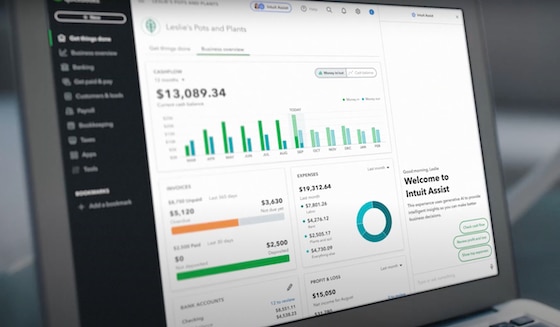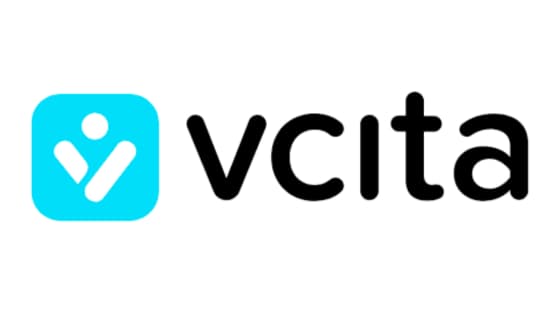It was only a matter of time. As AI continues to reach into every corner of the business and tech worlds, the latest conquest is SMB accounting and financial software. Specifically, Intuit is the latest company to integrate a conversational AI agent into its ubiquitous suite of SMB-geared accounting software.
Known as Intuit Assist, the chatbot is embedded across the product set – everything from TurboTax to Quickbooks and even Intuit-owned Mailchimp. Its main selling points include personalized recommendations and assistance within various workflows across these products (insert Clippy Joke).
Like any decent AI, Intuit Assist’s capabilities are based on training. And there, Intuit has a natural advantage in its installed base across 100 million SMBs and individuals globally. This gave it a reliable set of actions and workflows for probabilistic modeling – a fancy way of saying proactive chatbot support.
Depth and Breadth
So how does Inuit Assist work? In TurboTax, it uses years of automated tax preparation to scope out a given user’s nuanced tax situation. In tandem with data that the user provides as they enter their tax details, It generates personalized recommendations as well as answers to user questions that arise.
The story is similar for Credit Karma and QuickBooks. For example, the latter can unearth insights when pouring over an SMB’s cash flows, flagging things like top-selling products or expense anomalies that need attention. Intuit Assist also plays a big role in introductory tutorials for first-timers (again… Clippy).
Meanwhile, in MailChimp, Intuit Assist serves as more of a marketing assistant, including tasks like personalizing email campaigns. This includes suggested layouts and copy, similar to copy writing assistants we’ve examined from Web.com and NextDoor. This will be a big area of AI development.
Altogether, one thing that jumps out about Intuit Assist is its breadth of capabilities, as it was built for a range of functions across Intuit’s software suite. More importantly, Intuit realizes opportunities for cross-app synergies, such as generating email marketing content based on product inventory in Quickbooks.
First Line of Defense
Similar to DoorDash’s voice AI agent that we examined yesterday, Intuit Assist is applied in measured ways. In other words, it’s not a silver bullet, but rather a first line of defense. Intuit knows better than anyone that human support is needed (see its live tax support), so operators are standing by.
Still, even if AI can automate some of the rote parts of Intuit’s software support, it could find meaningful savings at scale… and Intuit certainly operates at scale. Indeed, live support is a necessary evil for Intuit: It doesn’t like the cost implications, but accounting software is hard… and it can’t leave users hanging.
The remaining question – just like we asked yesterday in light of DoorDash – is will users bite? There’s ample user ambivalence about conversational AI… and that follows years of negative sentiments towards any automated customer support. It’s now up to companies like OpenAI to flip those attitudes.
Meanwhile, Intuit Assist is based on Intuit’s generative AI operating system, GenOS. It seems that Intuit realized that the AI opportunity is so big – and its product line is so expansive – that it needs its own AI operating system. We commend the investment and future-proofing move. We’ll see where else it goes.



